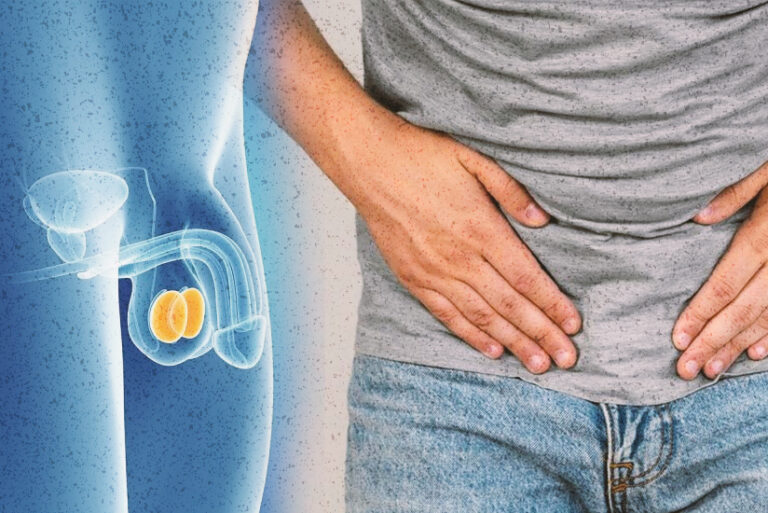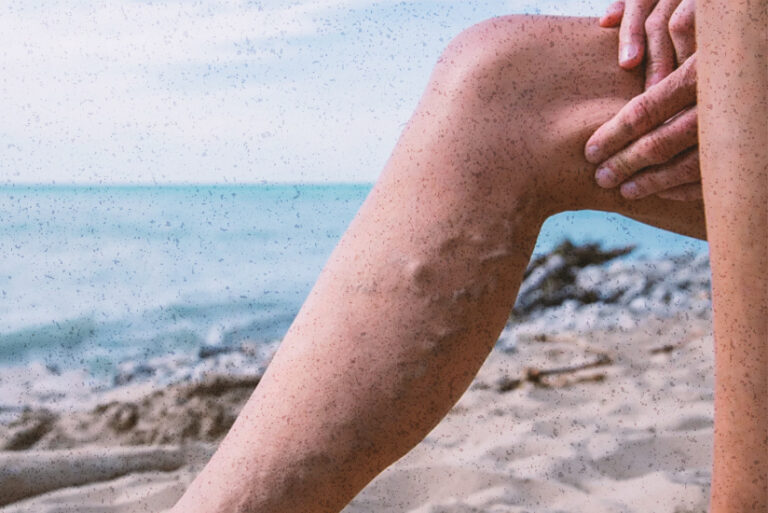“Affordability and stigma hinder Filipinos from seeking mental health care.”
This was one of the conclusions derived from the study of Mark Daza, project and communications manager of the Harvard Humanitarian Initiative (HHI), on mental health care. “Despite the perceived decrease in barriers to access and treatment stigma since the coronavirus disease pandemic (COVID-19) began in 2020, affordability and stigma-related reasons were the top-ranked major barriers to accessing mental health care in the Philippines,” the study said.
Local mental health and psychosocial support (MHPSS) providers were surveyed in the recently published study by the HHI’s HHI Resilient Communities program in cooperation with the Philippine Psychiatric Association (PPA) and the Psychological Association of the Philippines (PAP).
A closer look at the findings showed the following:
Local MHPSS providers reported high financial costs of mental healthcare (40.0%) as the top barrier. The other top five barriers were stigma-related, such as feeling embarrassed or ashamed (35.9%), concern that they might be perceived as ‘crazy’ (31.0%) or weak (30.3%), and concern about family (23.4%) and other people’s reactions (22.1%).
However, most of the respondents (65.0%) perceived that barriers to access and treatment stigma have decreased since the advent of COVID-19. Most provider testimonials (62.6%) emphasized that the transition to teletherapy ensured care continuity. In some cases, switching to teletherapy allowed for the expansion of services and service areas.
“These study findings are promising in that they suggest that in the face of widespread challenges posed by pandemics or disasters there is a reduction in stigma related to seeking mental health care,” said Dr. Vincenzo Bollettino, Program Director of the HHI Resilient Communities.
“Further, greater accessibility to mental healthcare services through telehealth create opportunities for providing care for those that may not otherwise seek support because of distance, travel costs, or other similar barriers,” he added.
The majority of respondents (97.9%) perceived an increase in mental health concerns in the help-seeking population in the Philippines since the pandemic hit. Respondents observed an increase primarily in anxiety (97.9%) and depressive disorders (97.2%), followed by bipolar and related disorders (49.0%), trauma-related disorders (46.2%), and suicide risk behaviors (e.g., suicidal ideation and suicide attempts) (44.1%).
Increases in schizophrenia spectrum and other psychotic disorders (24.8%), substance-related and addictive disorders (16.6%), and obsessive-compulsive-related disorders (13.1%) were less frequently reported.
Survey respondents recommended increasing training for mental health providers or staff (82.5%), more mental health service providers (75.5%), better internet connectivity (72%); more government funding for mental health (69.9%); and greater awareness-raising for services (66.4%) to better reach communities in need.
About 26.1% of respondent testimonials endorsed successes in increasing the availability of mental health services and increasing awareness of the importance of mental health through public and community education during the pandemic.
A total of 145 MHPSS providers participated in the survey. Psychiatrists (82.1%) comprised the majority, followed by psychologists (11.7%). Respondents provided mental health services in private practices (75.2%), public hospitals (44.1%), or private hospitals (39.3%) across various regions, including the National Capital Region/Metro Manila (56.6%).
Data for this cross-sectional survey study were collected between February 1 and April 30, 2022, using an online self-report, English-language survey of adults who were practicing or providing MHPSS services in the Philippines.
This study aimed to gather perceptions of COVID-19-related mental health challenges, and perceived barriers and facilitators to mental health care from MHPSS providers in the country.
Mental illness ranks third among the types of disabilities in the country. The Department of Health reported that one in 5 Filipino adults has some form of mental illness, with schizophrenia, depression and anxiety topping the list.
In 2012 alone, the regional office of World Health Organization (WHO) in Manila reported that there were 2,558 cases of Filipinos committing suicide, averaging to 7 suicide cases per day.
“Mental health and well-being are a concern of all,” conveyed the health department in a statement, adding that it is addressing concerns related to MNS (mental, neurological and substance use disorders).
The Philippine Health Insurance Corporation (PhilHealth) recently covered mental illness but limited only to patients with severe mental disorders confined for short duration.
According to a report, there are 46 outpatient mental health facilities available in the country, of which 28% allocate units that are for children and adolescents only. “These facilities treat 124.3 users per 100,000 general population,” the report stated. “Of all users treated in mental health outpatient facilities 43% are female and 8% of all contacts were children or adolescents.” – ###








